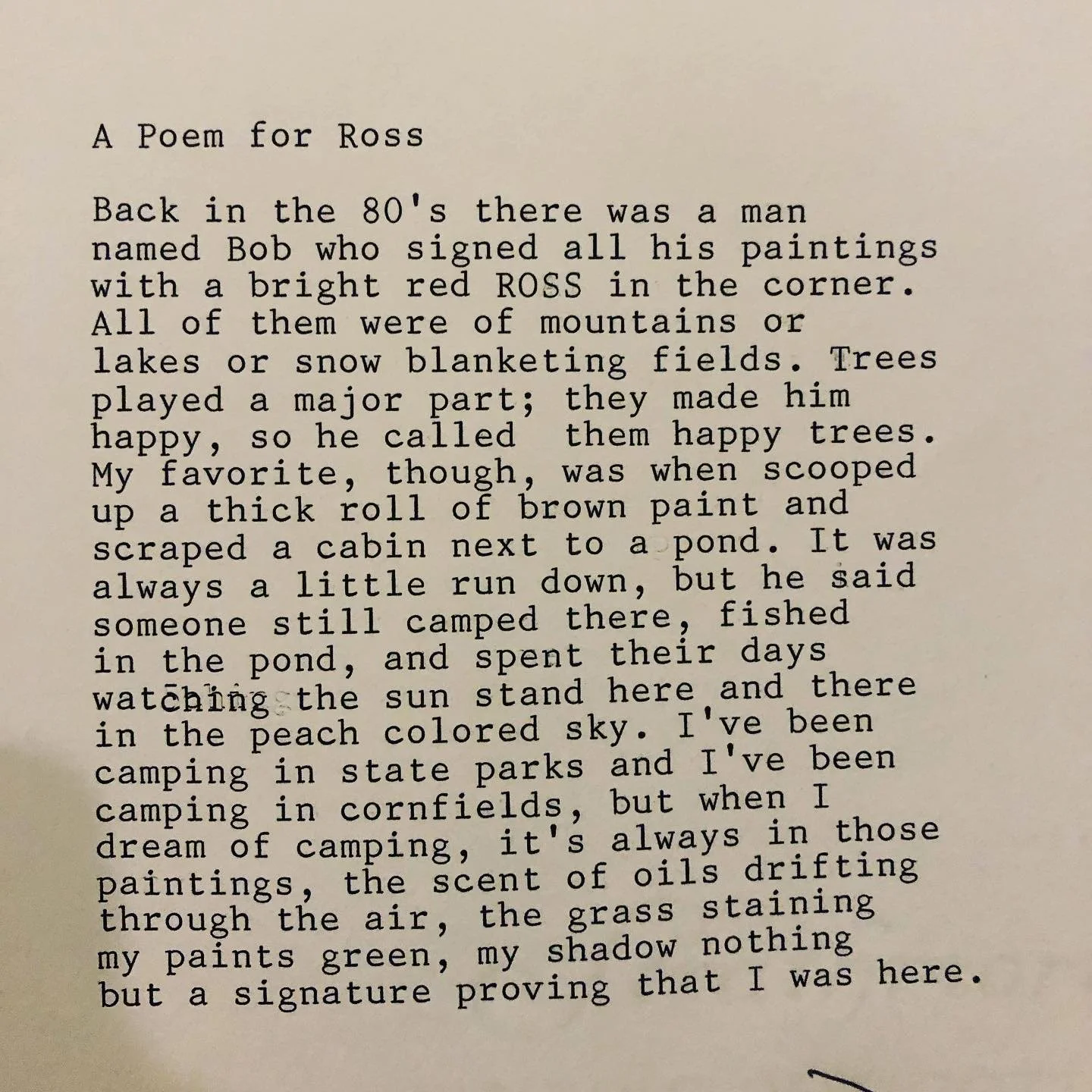Teaching
Statement on Teaching Philosophy
Learning is a lifelong pursuit; one that needs a foundation solid enough to sustain decades of continuing education, but also one malleable enough to adapt to new and better ideas. In my class, students understand that we are only focused on short-term goals, that all learning is, in fact, a series of short-term goals. In other words, my students understand how vital our immediate learning is, but also gain the ability to see the scope of life-long education and where we currently are on it.
Reading and writing are not separate acts, but the two most vital ingredients in the DNA of our ideas.
Whether it’s novels, essays, or articles, we approach the text as a living document, something to interact with, to critique, to add into our individual brain stews. We strive to move the text from object to be studied and looked at from afar to a pool of language and ideas that we immerse ourselves in. Practically speaking, this is done through group reading, active engagement with texts by writing our ideas and responses onto the page, and focusing on what the readings mean to us individually by way of student-led discussions and short response papers.
This approach often leads us to disciplines outside our own (history, science, religion) as we construct context around what we are reading. Knowing what George Orwell’s world looked like brings 1984 to life. Understanding how fearful and excited people were about science in 1818 allows us to feel the terror of Frankenstein. When reading The Merchant of Venice, Shakespeare, the man, can be revealed by studying the Jewish diaspora and history of anti-semitism.
The ability to see the bigger picture that incorporates our texts opens up the choices the authors of our readings were making while they were writing. This, in turn, leads my students to consider their own writing as a series of choices heavily influenced by their own personal contexts. They know that who they are, where they are in time and space, and that being mindful of what they know and what they don’t, leads to how they write and what they choose to say.
By focusing on short-term goals, with an eye on becoming a lifelong learner, I am able to meet individual students where they are in their respective academic journeys.
When working on college-style research papers, we break the process down into easily digestible steps and build our papers incrementally. Students buy-in because they are allowed to follow their own curiosities and interests. Though I set up parameters for their writing, students have plenty of freedom to find a place of interest from which to write. For instance, we recently completed an assignment where I asked them to come up with a technological breakthrough that had unforeseen consequences (a theme that emerged in a discussion about Frankenstein). Topics included: vaping, smart phones, social media, nuclear power, the Patriot Act, even the Tower of Babel!
Allowing students to imprint themselves on the assignment gives them a deeper connection to their own work, one where, when they turn the papers in, they are excited for me to read them, rather than dreading the grade. Enthusiasm for sharing ideas with others is the key to remaining curious, to seeking out answers, to not being discouraged when those answers lead to more questions. This is establishing a path towards lifelong learning while focusing on the immediate goals of our class.
What My Students Have to Say…
“BJ made me read everything I wrote out loud…it was the first time I realized I didn’t have to save the universe with some magnificent poem. I just have to write like I got something to lose…”
“Mr. Love set the foundation for my English success over the past six years…”
“Mr. Love…always inspired me to like reading. Even though he is not my teacher this year, I still talk to him all the time in the halls…”
“He is always so engaging and fun in class. He helped me write phenomenal papers…which has helped in school ever since.”
“Mr. Love…truly made an impact on me, as he is a funny, but also extremely invested teacher. I still always talk to [him] every time that I see him, and I always loved his class.”
“I had Mr. Love last year when I was very sick. He was very supportive of me and helped me through a tough time.”
“I feel so comfortable just walking into his classroom, sitting down, and telling him about my life.”
“He is truly cares about every single one of his students and he is a genuine and funny person. I never walk past him in the hallways without saying hello.”
“Mr. Love is, indeed, what I would describe as a quality teacher. Beyond being a quality teacher, [he] is an amazing person that radiates an energy of positivity, no matter how much [he] tries to hide it.”
“I hope I can find a professor like [him] in college who I can have a similar bond with, and can learn from, but also feel comfortable enough to talk to person to person…because a lot of the times I would just talk about life with [him]…but I know that is hard to find.”
“I don’t really know how to thank [him] for everything [he] has taught me these past seven years. Not only [has he] made me a better writer, but [he] made me a better person.”






